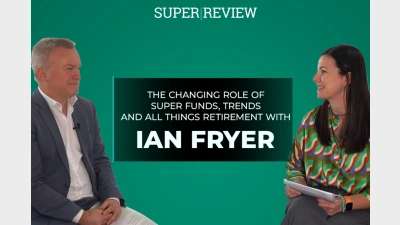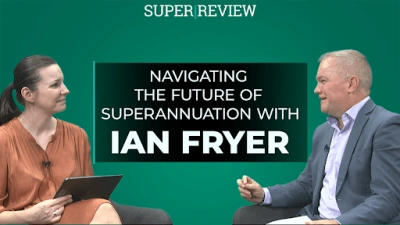Is vertical integration the root cause of problems?


If the Royal Commission into Misconduct in the Banking, Superannuation and Financial Services industry has revealed one thing with respect to superannuation, it is that vertical integration represents a highly problematic structure.
The opening days of the Royal Commission’s superannuation sector hearings focused on the situation before, during and after the National Australia Bank’s substantial divestment of MLC Life and the consolidation of its five superannuation trusts into a merged fund – MLC Super.
What became clear from the testimony of former NAB/MLC executive, Paul Carter, was that when the recent history of NAB/MLC was taken into account including a number of acquisitions in the prior decade, the successor fund transfer processes necessary to create MLC
Super were far from simple and when looked at through the lens of the Royal Commission, highly problematic.
What became clear was that the problematic nature of the successor fund transfer arrangements was owed in large part to the interlinkages inherent in any vertically-integrated financial services structure, particularly those related to superannuation connected to legacy advice products.
Thus, even though the creation of MLC Super was intended to allow NAB/MLC to move beyond legacy issues in a post-Future of Financial Advice environment, vertical integration made this more difficult with the suggestion during the Royal Commission that grandfathered payments to financial planners were left switched on when they should not have been.
In what represented echoes of the earlier testimony delivered to the Royal Commission around grandfathering practices within AMP Limited, the superannuation hearings were told of a concern about losing planners and their clients if such arrangements were switched off.
At the time of writing it remained to be seen how the Royal Commission’s superannuation-focused hearings played out, but what seemed to be clear from the questions being posed by counsel assisting was that all the banks would need to closely review the links between their product manufacturing, planning and superannuation businesses to ensure that they were fully compliant with the Future of Financial Advice laws, particularly client best interests.
It seems unlikely that industry superannuation funds will emerge unscathed from the Royal Commission process with counsel assisting making it clear that there will be a forensic examination of advertising practices, particularly Industry Super Australia’s ‘fox in the henhouse’ television commercials and the role of umbrella body, Industry Super Holdings.
What has also become clear from the Royal Commission’s superannuation hearings is that the Commissioner, Justice Kenneth Hayne and counsel assisting have recognised that, notwithstanding the likelihood of controversial evidence, the compulsory nature of superannuation in Australia dictates a careful approach to public messaging.
The outcome is that, unlike the Royal Commission’s hearings focused on financial planning, counsel assisting the Royal Commission will not be making verbal submissions with regard to what courses of action they believe Commissioner Hayne should follow. Instead, the views of counsel assisting will be made somewhat later and in writing.
This represents a sensible outcome in circumstances where, for most Australians, superannuation represents their most significant asset outside of the family home.
Recommended for you
In this Super Review Product Spotlight episode, host Maja Garaca Djurdjevic speaks with Ian Fryer, general manager at Chant West, to discuss the latest developments in superannuation.
In this new Super Review Product Spotlight episode, host Maja Garaca Djurdjevic is joined by Ian Fryer, the general manager at Chant West. Together, they explore Chant West's enduring reputation in the industry and share insights on the imminent changes in the super landscape.
While the last two years have been challenging for the superannuation industry, there is more to come in 2022 and super funds will need to rise up to the challenge.
With 20/20 hindsight, the disengagement which occurred with the introduction of the MySuper regime was a mistake which now needs to be urgently corrected.









